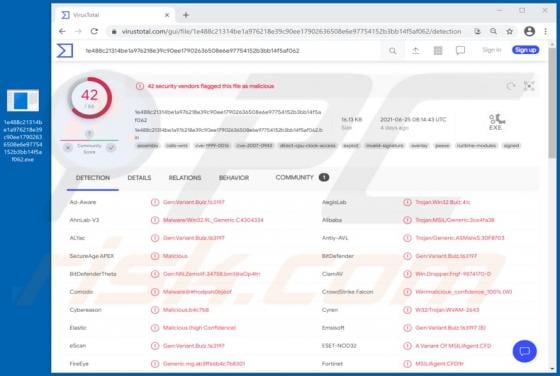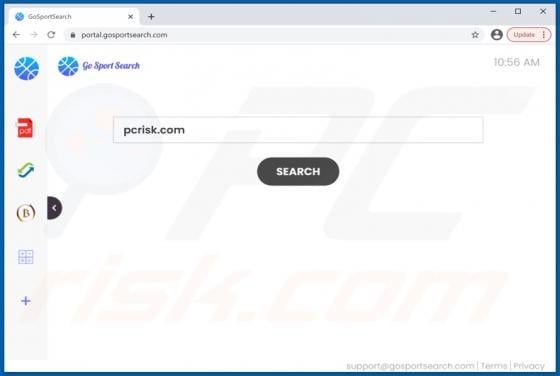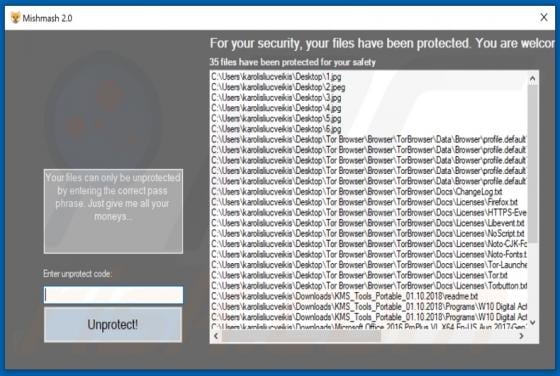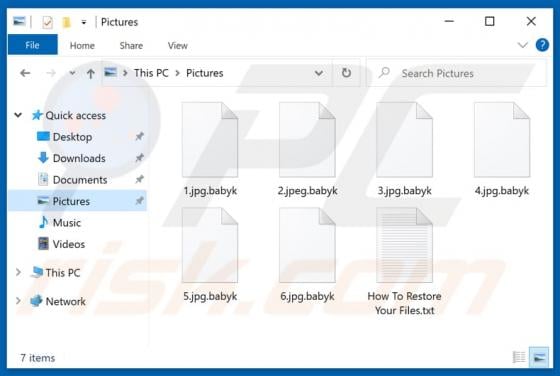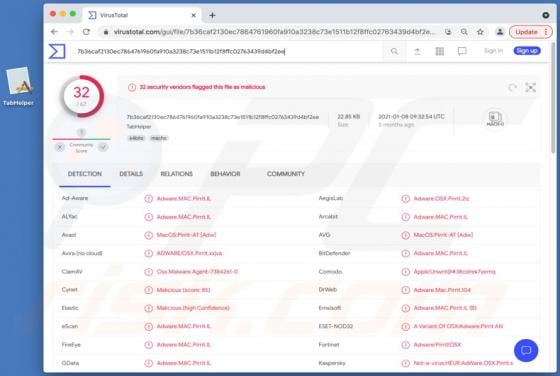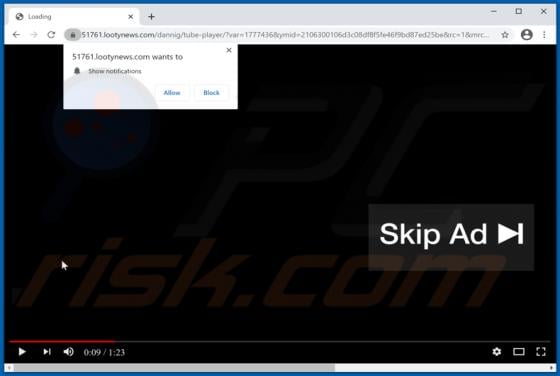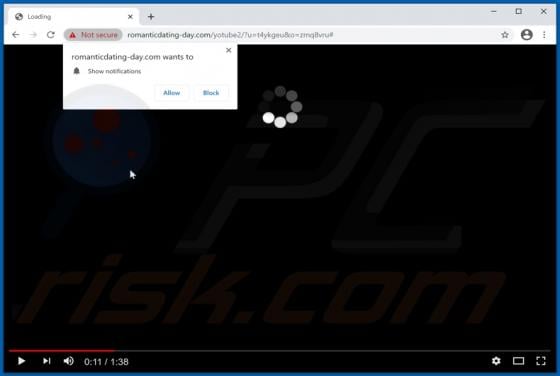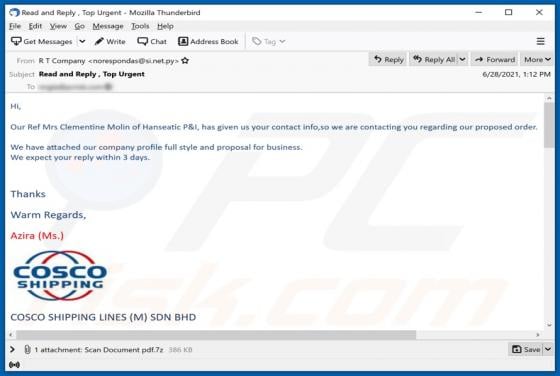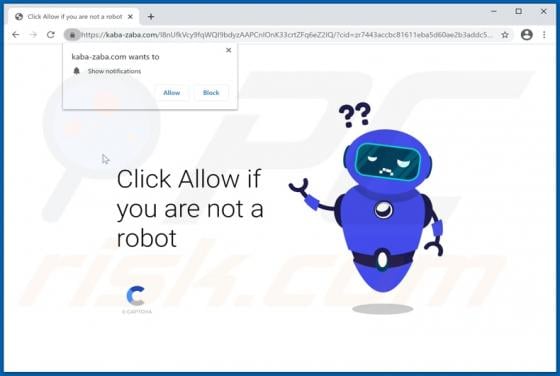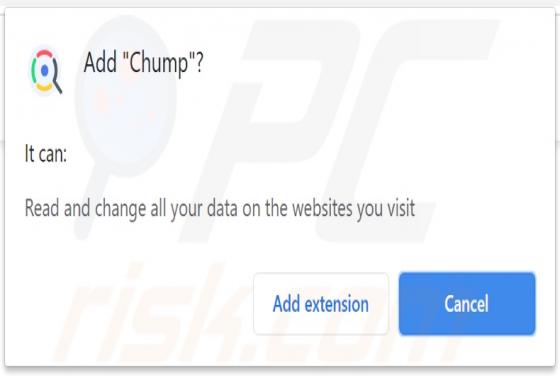
Chump Adware
Chump is a rogue browser extension endorsed as a tool to customize keyboard shortcuts for easy access to favorite websites. It is classified as adware due to running intrusive advertisement campaigns. Furthermore, Chump spies on users' browsing activity. Due to the questionable methods used to di
